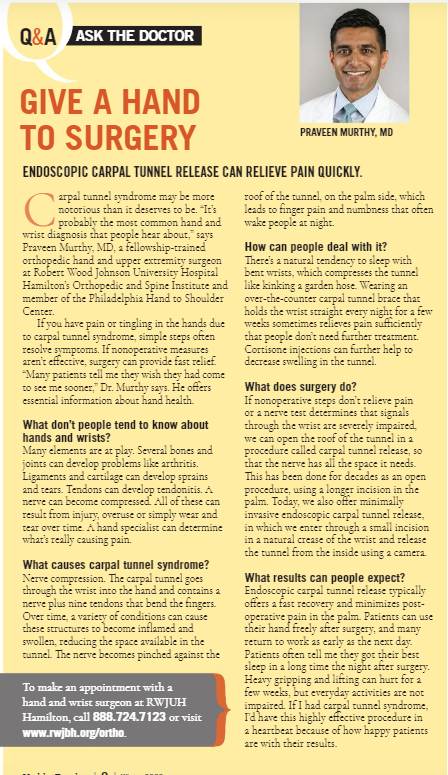**PHSC Policies on Coronavirus (COVID-19)**
Updated January 3, 2022
The safety of our patients and staff is our number one priority. With that in mind, all patients visiting any of our offices in Pennsylvania and New Jersey, regardless of vaccination status, MUST WEAR A MASK AT ALL TIMES.
Patients Only: To allow for social distancing, guests and family members are NOT PERMITTED to attend appointments with patients. The only exceptions are:
- If the patient is a minor, in which case one parent may accompany the patient.
- If an adult patient needs assistance with mobility, hearing, etc.
We ask that all non-urgent patient appointments be rescheduled if you:
- Have tested positive for COVID-19.
- Are currently experiencing upper respiratory/flu-like symptoms including cough, fever, tightness in the chest, shortness of breath/difficulty breathing, chills, muscle pain, headaches, sore throat, loss of taste or smell.
- Have not been fully vaccinated and have recently been exposed to someone who tested positive for COVID-19.
As a reminder, the U.S. Center for Disease Control (CDC) has issued the following recommendations for controlling and minimizing the spread of the Coronavirus:
- Wear masks.
- Social distance.
- Frequently wash your hands with soap and water for at least 20 seconds. When soap and running water are unavailable, use an alcohol-based hand rub with at least 60% alcohol. Always wash hands that are visibly soiled.
- Avoid touching your eyes, nose, or mouth with unwashed hands.
- Avoid close contact with people who are sick.
- For more information about COVID-19, visit www.CDC.gov








Recent Comments